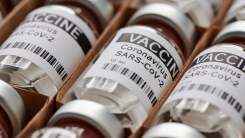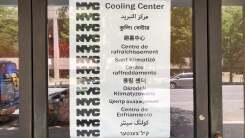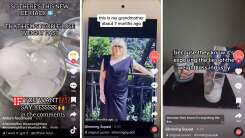Why It’s So Hard to Get the New COVID Booster

There’s a new COVID booster at pharmacies, and the simple thing to say about it is this: It’s good, it’s free, and you should get it. Unfortunately, the process of getting one of these shots isn’t going smoothly for everyone, with some people being told they’ll need to pay for it, and some having appointments canceled at the last minute. Let’s talk about what’s going on, and what you can do about it.
The underlying reason for the confusion, by the way, is that we are no longer in the national public health emergency that was declared in early 2020. This means that certain vaccination and testing programs no longer operate the way they used to. Previously, state-run vaccine programs coordinated shipment and payment for vaccines; now, it’s up to manufacturers, pharmacies, and insurance companies to fold COVID vaccination into their “business as usual” operations. And that transition has been a bit bumpy.
Yes, there is a new vaccine
First, why does this all matter, if you already got a COVID vaccine? Because the new vaccine has been reformulated to match the strains of COVID that are currently circulating. The original vaccines matched the original strain of the virus, and then there was a round of “bivalent” boosters that included both the original strain and a new one.
The current shots just include a new strain. Even if you got one or more of the previous shots, the CDC recommends that everyone ages 5 and older get a single dose of the new shot. (Children under age 5, and people who are immunocompromised, have slightly different guidelines in terms of dosage. Everybody ages 6 months and older is recommended to get some form of the updated vaccine.)
The vaccine is still free
Recommended vaccines are supposed to be free to everyone, since the Affordable Care Act categorizes them as preventive care. But now that we’re no longer under an emergency declaration, the behind-the-scenes logistics of who pays for vaccines and how have changed.
Notably, the billing code for COVID vaccines has changed. If your pharmacy uses the new code and your insurance company hasn’t yet updated their system, you may be told that your insurance won’t cover the vaccine. This is an error, it’s not your fault, and the insurance company is still supposed to pay for your vaccine.
But because the insurance company is paying now, they may require that you use in-network providers. Call or check with your insurance company to make sure you can get your shot at a pharmacy or clinic that works for you.
…even if you don’t have insurance
If you don’t have private insurance, the vaccine is still free. Medicaid and Medicare both cover the vaccine, and there is a Bridge Access Program to provide the vaccine for free to people who are uninsured. According to the CDC, the best way to find free vaccines without insurance is to use the vaccine clinic search at vaccines.gov and check “Bridge Access Program participant” in the search filters. Many neighborhood pharmacies are part of the program.
Confirm that appointment before you go
The rocky rollout has meant that some shipments of vaccine have been delayed, leading to appointments being canceled. Another issue is that pharmacies don’t always have enough staff on hand to keep appointments; the Wall Street Journal reports that CVS is asking its corporate employees to work shifts in stores to make sure they have enough hands on deck for vaccination.
With this in mind, it may be worth calling ahead to confirm that your appointment is still on. The vaccines have only just become available, so it’s likely that if you make your appointment in another week or two, access might be a bit smoother.



